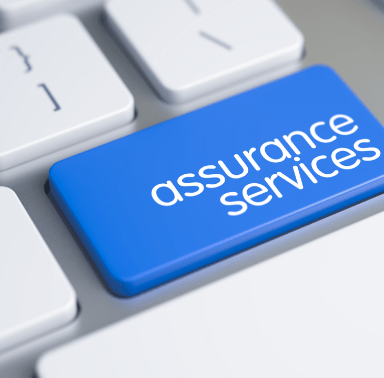Welcome to Seber Tans, PLC
Choosing the right accounting firm is one of the most important business decisions you will make. Any firm can add up the numbers and tell you where you’ve been, but Seber Tans will help you focus on where you want to go. In Southwest Michigan, the firm that unites professional expertise with creativity and vision is Seber Tans. With a team of experienced professionals on our staff, we can provide the capabilities of a large national organization, plus the personal attention of an independent firm. Clients choose us because we offer much more than off-the-shelf solutions. We will listen, ask questions, and learn all we can about your current situation. From that input, we’ll find creative solutions to help you focus on your opportunities rather than your obstacles. Join us and see why our clients trust us for their accounting, tax, and business advising needs.










4 types of interest expense you may be able to deduct
Personal interest expense generally can’t be deducted for federal tax purposes. But there are exceptions. You probably know that home mortgage interest may be deductible if you itemize deductions rather than claiming the standard deduction. New for 2025 through 2028, you may be eligible to deduct up to $10,000 of car loan interest if the vehicle’s “final assembly” was in the U.S. and other requirements are met. But the deduction phases out starting at $100,000 of modified adjusted gross income ($200,000 for married couples filing jointly). Other potential interest expense deductions are student loan interest and investment interest. Contact us with any questions. ... See MoreSee Less
What’s your potential business vehicle deduction?
If you used one or more vehicles in your business during 2025, you may be eligible for valuable tax deductions on your 2025 income tax return. But the rules are complicated, and your deductions may be affected by factors such as the vehicle’s weight and business vs. personal use. The year you place a car, SUV, van, pickup or panel truck in service, you can choose to deduct the actual expenses (such as gas, insurance, repairs and registration fees) and depreciation attributable to your business use of the vehicle or claim the cents-per-mile deduction (with a depreciation allowance built into it). Heavier vehicles may be eligible for larger deductions. Contact us if you have questions. ... See MoreSee Less
Parents: Claim all the tax credits you’re entitled to
Raising a family comes with plenty of expenses, but it may also make you eligible for various tax breaks. Some of the most valuable are tax credits, because they reduce your tax liability dollar for dollar (unlike deductions, which only reduce the amount of income subject to tax). Which credits might you be eligible for on your 2025 return? The child credit, credit for other dependents, child and dependent care credit, adoption credit, American Opportunity credit and Lifetime Learning credit are some of the possibilities. But various rules and income-based limits apply. We can help ensure you maximize your tax savings from these and other tax breaks you’re eligible for. ... See MoreSee Less